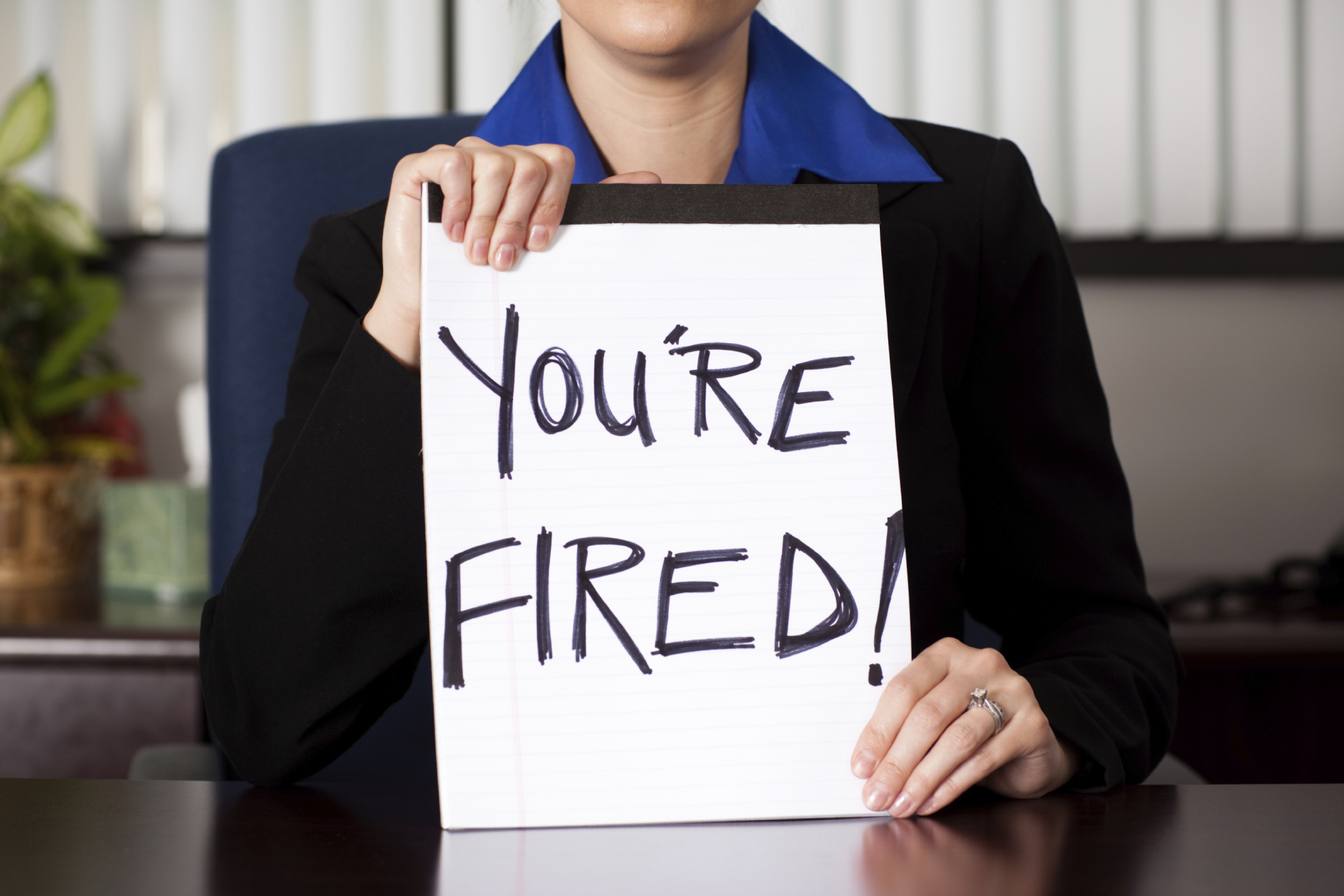
A former employee of your organization has filed for unemployment compensation, and you have received a hearing notice. You know the employee’s case well, and because the law and the overwhelming preponderance of evidence favors you, you feel confident that the claimant’s request will be denied.
But will it?
Having the facts on your side is essential, but by itself it is not enough. It is just as essential that those facts be presented in a way that are both convincing and credible to the hearing officer. Several steps are absolutely necessary if you expect to prevail.
Have the appropriate witnesses. Employers have to have someone with firsthand knowledge of the reason why the person was separated. Usually that is the former employee’s supervisor. If you are alleging misconduct, then you need someone who witnessed the conduct in question.
Having a third party testify. Having a personnel manager who did not supervise the employee testify is not sufficient. It is roughly the equivalent of hearsay testimony, and while hearsay is allowed, hearing officers will not base their decision on it.
So what if you have no witnesses at all? Then the hearing officer will make the decision based solely on the evidence presented by the claimant, which is never a good thing for an employer.
Have the appropriate documentation. That would include personnel files, including all documents relevant to the separation. If the employee was subject to progressive discipline, then you should present written records, including any warning notices and details of meetings with the employee.
If the claimant in question quit, bring evidence that the employee voluntarily abandoned the job. That would be a resignation letter or, if the employee did not put it in writing, a contemporaneous record of how the person told your organization that he or she was leaving. If the person simply walked away without telling anyone, bring any documentation of that, including any attempts to contact the employee.
Bring Copies of Policies. It is not uncommon for claimants to tell a hearing officer that they were unaware of a rule or policy they are charged with violating. Employers should bring copies of the rule or policy and also evidence that the employee was made aware of it by means of an employee handbook, a new hire orientation, or discussions during progressive discipline.
Be Prepared. Make sure you have a member of HR or other staff take the lead in handling the meeting. But be sure to prepared as well. All those involved in the hearing should meet before the hearing to discuss the case and go over what might happen at the hearing. Familiarize yourself with the details of the case so that on the day of the hearing, you will be ready to answer questions from your representative, the hearing officer and possibly the claimant or the claimant’s representative. If a witness has questions about the hearing, tell your HR manager or staffer in charge of the claims defense process so that person can prepare the witness for the hearing.
Be Professional. No matter how egregious the claimant’s conduct may have been, check your emotions at the door. You can make a forceful case and still remain calm, deliberate, and courteous.
All of these points are important, but having a firsthand witnesses and having written records of progressive discipline are probably the most important points. If you and your staff have done your paper work properly in the months leading up to the termination, you will be in a far better position to prevail at the hearing.



